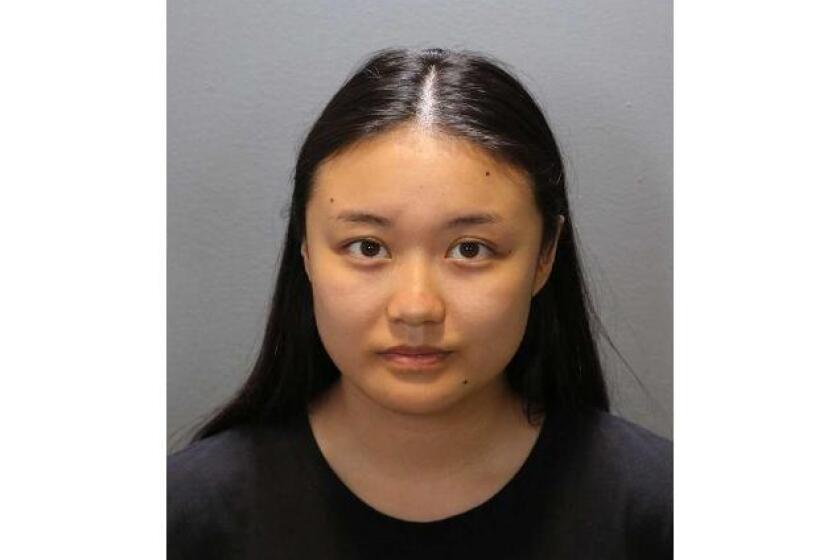Adoptive parents win settlement
Parents of a dozen adopted children, seven with serious disabilities, have won a legal fight against state authorities to collect money owed to them over more than a decade for their family’s care.
After years of being shortchanged by social services without realizing the mistake, Donna and James Durando will receive $200,000 in back benefits due them.
The state attorney general’s office agreed to settle with the Durandos and provide retroactive payment for six of their disabled children, adopted from foster care. The decision superseded an administrative law judge’s 2004 ruling that the county increase future support to the Antelope Valley family, but that ruling did not cover most of the previous shortfalls.
Dan Grunfeld, head of the pro bono law office that represented the family, called the county’s resistance to paying retroactive benefits to the Durandos’ special needs children “just reprehensible.”
“These types of mistakes occur all too frequently,” Grunfeld said, estimating that about a quarter of foster families eligible to adopt receive less money than they are legally entitled to. While the size of the Durando family, the severity of the children’s conditions and the large settlement are unique, the Durandos are “far from alone,” Grunfeld said.
“We recognize the needs of families who adopt children,” Shirley Washington, spokeswoman for the state Department of Social Services, said in a written statement.
“This settlement ensures that the adoptive family receives the appropriate benefits to which they are entitled.” Washington confirmed the settlement was for $200,000.
The county Department of Children and Family Services declined through a spokesman to comment on the litigation.
A county social worker assigned many of the Durandos’ children, including siblings exposed to methamphetamine in utero -- one of whom had a colostomy as a toddler -- basic benefit rates intended for healthy children. Two more of the Durandos’ children, including a legally blind and mentally challenged girl and a boy with autistic features and possible childhood schizophrenia, received about $1,700 per month between the two of them, rather than the $7,200 they were owed monthly.
The family’s monthly benefits since have tripled.
“It’s unbelievable, the burden that it’s lifted from this family,” said Donna Durando, 51, a retired nurse who owns homes for the elderly. Now, she said, her mentally retarded children have a trust fund to ensure their future care; a private teacher helps the youngsters in school, and the family finally can afford private health insurance.
Durando and her husband, a retired sheet-metal worker, used to struggle running a full house on $40,000 a year.
“I didn’t do it for monetary gain,” Durando said of taking in needy, drug-addicted youngsters. The family spends $3,000 on food -- including 100 gallons of milk -- each month. “I did it to have a family.”
Durando initially contacted Public Counsel, a Los Angeles pro bono law office, in 2003 for help obtaining speech therapy for her son.
The then-9-year-old suffered from mild mental retardation, near muteness and poor bowel control.
When Mara Ziegler, a senior social worker with Public Counsel’s Children’s Rights Project, first spoke with Durando, she said she started wondering what more could be done for the family.
Durando said she never expected Ziegler to find that the county owed her family thousands of dollars.
“I was shocked,” Durando said. “As an adoptive parent you trust those social workers with everything.” Benefit rates are higher for adopted children with disabilities to pay for special services and therapy, but are tougher to determine for complex medical conditions or for children with emotional problems, said Karen Ullman, a senior staff attorney with the Children’s Rights Project.
“We’ve seen some improvement,” Ullman said, but “there are still far too many mistakes being made.” Social workers and others need better training on what families are entitled to, Ullman said.
Accounting errors can affect both adopted youngsters and families, Ullman said, and can discourage other parents from adopting.
susannah.rosenblatt @latimes.com
More to Read
Start your day right
Sign up for Essential California for news, features and recommendations from the L.A. Times and beyond in your inbox six days a week.
You may occasionally receive promotional content from the Los Angeles Times.






